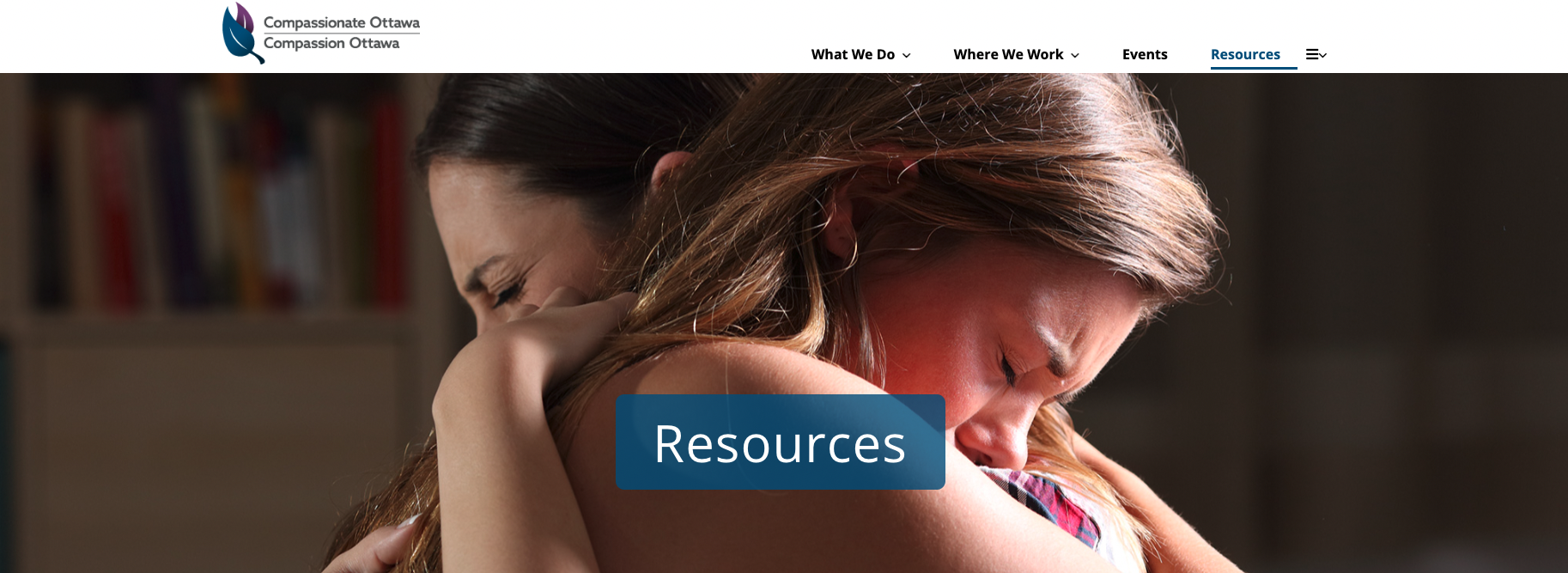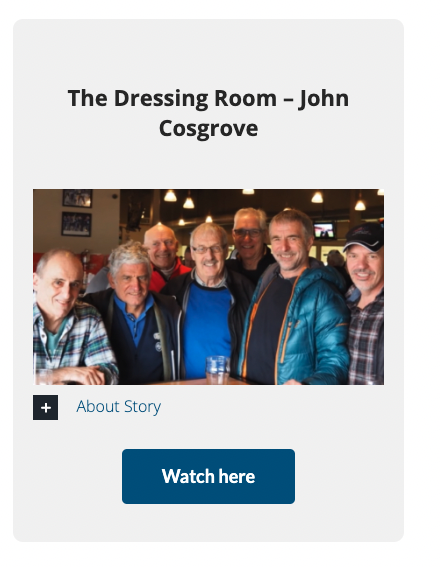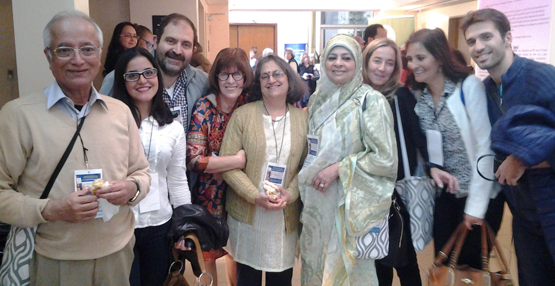2017 Taipei International Symposium on Palliative Care
Health-Promoting Palliative Care: Developing Death Literacy for High-Value Care
The 2017 Taipei Declaration for Health-Promoting Palliative Care
Palliative care as a form of health promotion in community
Most elderly people and individuals with life-limiting illness in Taiwan, and most other countries in the world, express a preference to age in place and to die at home. (1) “Dying at home” is an important component of a good death but is difficult to accomplish in Taiwan. Due to easy accessibility to the health care system in Taiwan, many dying individuals, especially non-cancer patients, die in hospitals with few of them receiving palliative care. Since a public health approach to palliative care has been advocated by the World Health Organization since the 1990s, the emphasis on developing death literacy among health care providers, patients, families and the community has become a growing field of practice and scholarship in recent years (2-4). A model of health promoting palliative care, first outlined by Kellehear, calls for community engagement by palliative care and a more open social attitude in facing and discussing dying, death and grief.(5, 6) In order to build a compassionate city, a city committed to alleviating suffering and promoting health and wellbeing, Taipei City Hospital has committed itself to promoting a community/home-based palliative care model in our metropolitan community since 2015 (7). An interdisciplinary health care team not only provides palliative care at home but also encourages and supports community participation in end-of-life care. Building upon The Ottawa Charter for Health Promotion (8), the 2017 Taipei International Symposium calls for a Health-Promoting & Life Literacy-Enhancing Palliative Care, an approach to palliative care which aims to improve wellbeing and life literacy – a combination of health and death literacy - in the context of caring for a life-limiting illness in the community. This declaration is built upon five basic principles listed below:
1. Integrate Palliative Care into Public Health Policy and Practice: Establish a healthcare system integrating health promoting palliative care into primary care and develop an education program to advocate concepts of advance care planning, health and death literacy, and community participation in palliative care across the general population.
2. Create Supportive Environments: Engage formal and non-formal health service providers, as well as the general community, by acknowledging and valuing their practice wisdom, experience, and collaboration in preventing and addressing suffering.
3. Strengthen Community Actions: Create a compassionate community with high levels of empathy, by involving families, neighbors, and key community leaders in the community to build mutually supportive relationships, exchange practice experience, share responsibilities, and participate actively in caring networks at the end of life.
4. Develop personal skill: Empower all people (including our own health professionals and patients) to make individualized advance care plans and empower the family to develop the knowledge and skills related to death literacy after a systematic learning and strategic shared decision making process.
5. Reorient Health Services: Empower health care providers by enhancing death literacy training and education and accumulating practice wisdom and experience of person-centered and home-and-community-based care and to accompany the patient and the family along the life course.
We further declare that health care providers, who deliver primary palliative and hospice care to the elderly and individuals with life-limiting illness in the community, should adhere to the five essential attributes postulated previously (9).
Accessibility: Patients at the end-of-life and their family should be able to access and use the health services at all times and we will assist them to overcome temporal, spatial, economic, and psychological barriers to health care.
Comprehensiveness: Address the great majority of end-of-life issues that encompass the physical, emotional, social and spiritual dimensions of health and anticipate key problems.
Coordination: Coordinate home care services with the patients’ families, the non-formal health service providers, neighbors, and the community, and to coordinate the patients’ plan of care in accordance with his or her personal desire.
Continuity: Provide health care services to the suffering continuously without losing interest or enthusiasm, make hospice and palliative services a regular and reliable source of care in the community, and make the commitment of being with the patients and the community for the rest of life.
Accountability: Have an obligation to promote health and wellbeing and prevent suffering for the caregiver community (and among our own professional staff) and have an obligation to address deficiencies while our expanding skills and services.
It is our hope, that with the implementation of the principles in this declaration, we will implement health promotion in end-of-life care fully into our community practice. As death literacy within both the health service providers and the community develop with our growing death education activities and learning experiences in the community, our current aspirations for ageing in place, and a good death at home, will soon become a reality.
1. Shih C-Y, Hu W-Y, Cheng S-Y, Yao C-A, Chen C-Y, Lin Y-C, et al. Patient preferences versus family physicians' perceptions regarding the place of end-of-life care and death: a nationwide study in Taiwan. Journal of palliative medicine. 2015;18(7):625-30.
2. Gómez-Batiste X, Caja C, Espinosa J, Bullich I, Martínez-Muñoz M, Porta-Sales J, et al. The Catalonia World Health Organization demonstration project for palliative care implementation: quantitative and qualitative results at 20 years. Journal of pain and symptom management. 2012;43(4):783-94.
3. Sallnow L, Richardson H, Murray SA, Kellehear A. The impact of a new public health approach to end-of-life care: a systematic review. Palliative medicine. 2016;30(3):200-11.
4. Noonan K, Horsfall D, Leonard R, Rosenberg J. Developing death literacy. Progress in Palliative Care. 2016;24(1):31-5.
5. Kellehear A. Health Promoting Palliative Care. Melbourne: Oxford University Pres; 1999.
6. Kellehear A. Compassionate Cities: Public Health and End of Life Care. . London: Routledge; 2005.
7. Huang S-J, Wang SS-C, Lee OK-S, Woung L-C, Chu D-C, Huang T-C, et al. 2016 Taipei Declaration for Prevention of Suffering. Journal of palliative medicine. 2016;19(12):1243-4.
8. Organization WH, editor Ottawa charter for health promotion. First International Health Promotion Conference, Ottawa, Canada, 1986; 1986.
9. Manpower IoMDoH, Development R. A manpower policy for primary health care: report of a study: National Academy of Sciences; 1978.















